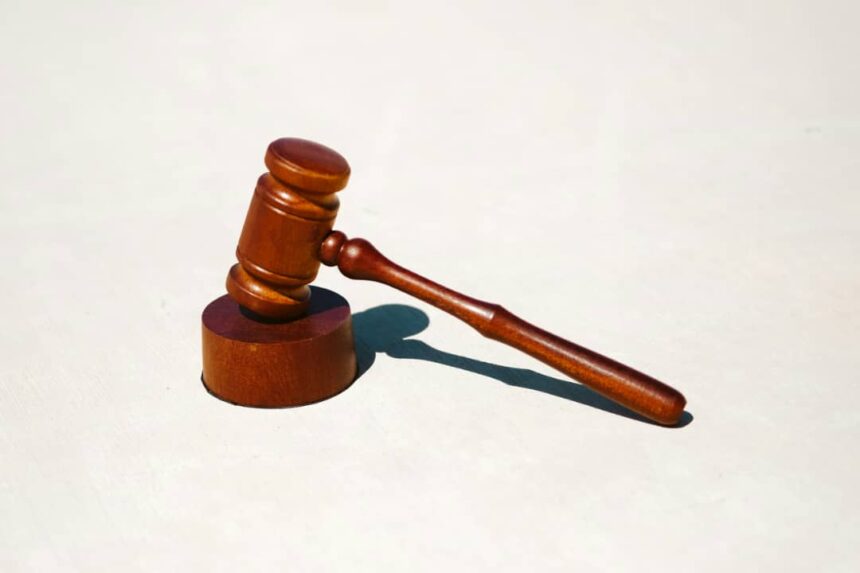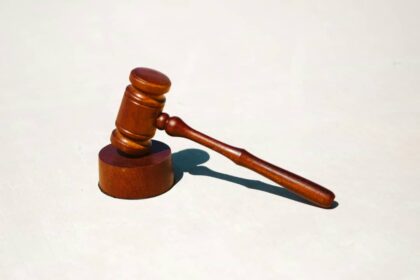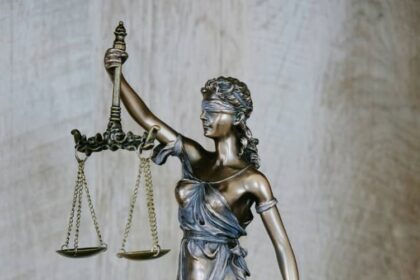This article emphasizes the ethical and professional responsibilities of legal counsel in litigation, particularly regarding candor and the presentation of legal authorities.
Key Elements of the Analysis
Duties of Legal Counsel:
Legal counsel is obligated to assist the court by presenting all relevant legal authorities, including those adverse to their case.
This duty extends beyond mere advocacy for a client’s position; it is a commitment to the integrity of the judicial process.
Candor to the Court:
Ogundare, JSC in the case of SECRETARY OF IWO CENTRAL LOCAL GOVT & ORS v. ADIO (2000) LPELR – 3201(SC) held that the role of counsel is not solely to win a case but to ensure the court is adequately informed to make a just decision.
Suppressing or failing to disclose unfavorable authorities undermines the court’s ability to function effectively and impartially.
Distinguishing Adverse Authorities:
Counsel is encouraged to address adverse authorities by distinguishing them based on facts, legal principles, or other arguments.
This approach not only upholds ethical standards but also strengthens the credibility of counsel’s arguments.
Impact on the Justice System:
This Article warns against the erosion of trust in the legal profession and judicial system as a result of counsel deliberately concealing relevant authorities.
Transparency and full disclosure ensure decisions are made on a complete understanding of the law, enhancing justice and fairness.
Professional Integrity:
The decision of the Supreme Court per Ogundare, JSC cited above highlights the balance between zealous representation of clients and adherence to ethical norms.
The legal profession’s reputation depends on maintaining high standards of honesty and accountability.
Implications
For Counsel:
Lawyers must remain vigilant in their research and transparent in their presentations to the court.
Ethical lapses, such as withholding adverse authorities, can lead to professional sanctions and diminished credibility.
For the Judiciary:
Courts rely on counsel to present a balanced and comprehensive view of the law.
Failure to disclose all relevant authorities can lead to flawed judgments and potential miscarriages of justice.
For the Legal System:
The adversarial system thrives on the full and fair presentation of legal arguments from all sides.
Breaches of this duty weaken public confidence in the legal process and the rule of law.
Conclusion
The decision of the Supreme Court per Ogundare, JSC in the case of SECRETARY OF IWO CENTRAL LOCAL GOVT & ORS v. ADIO (2000) LPELR – 3201(SC) serves as a stern reminder of the ethical obligations of legal practitioners. The duty of candor ensures the integrity of the judicial process and preserves the fairness and credibility of legal proceedings. A failure to uphold these principles not only jeopardizes individual cases but also undermines the broader legal system.
Justice or Strategy: Should Lawyers Reveal Authorities That Undermine Their Case?

Leave a Comment









